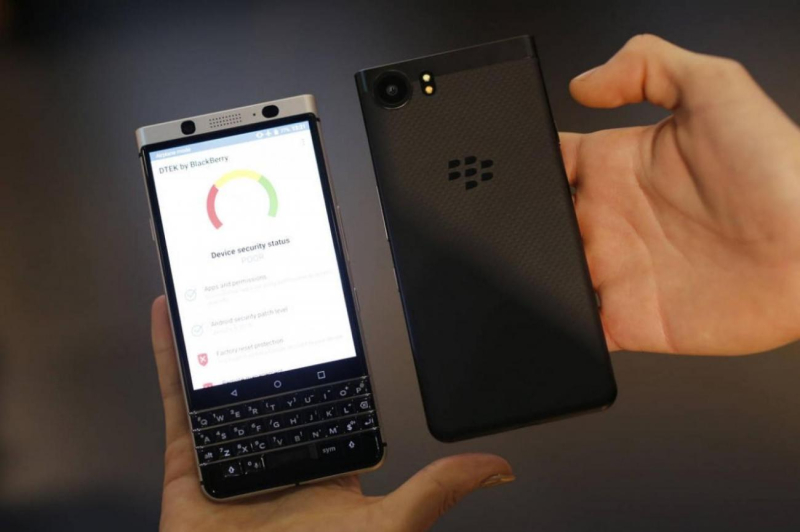
© Pau Barrena/AFP/Archives
The touch-based approach ends up giving us pimples. While Tesla and Mercedes are promoting their giant screens integrated into vehicles, watches have become touch-sensitive, and phones are completely bare, it seems that buttons are returning to the heart of innovation, in particular to allow contact with the user again.
The new iPhone 16 introduces an “action” button, the Kobo e-reader also chooses a button to turn pages, the AppleWatch is equipped with a winder, and Bugatti prefers Swiss watchmaking to digital for the dial of its latest model. We are still far from finding the BlackBerry, but the trend is once again giving pride of place to the physical button, which allows for a better feel and greater security.
While we are not really talking about a rejection of digital, this phenomenon reflects a desire to reintroduce a sensory dimension in the face of the monotony of smooth surfaces. As Christophe Pradère, CEO of BETC Design, explains, these buttons reinforce the identity of smartphones, which are almost all the same today. Who wouldn't appreciate pressing a button to take their photos, if it could make the little sound of an SLR ?
And in the automotive industry, more than a question of sensation or identity, we talk about safety. As reported by Les Echos, last March, the organization that certifies car safety, Euro NCAP, highlighted that “the overuse of touchscreens is an industry-wide problem with almost all car manufacturers moving key controls to central touchscreens, forcing drivers to take their eyes off the road and increasing the risk of distracted accidents”. So much so that the organization will require that certain key functions be transferred to buttons from 2026.
In short, while modern technology seems to go hand in hand with the touchscreen, the resurgence of buttons offers a critical reflection on ergonomics, brand identity and user experience. They are reliable, authentic and practical, so why have we decided to stop relying on them ?
You liked the article ? It mobilized our editorial staff who only live on your donations.
Information has a cost, especially since the competition from subsidized editorial staff requires increased rigor and professionalism.
With your support, France-Soir will continue to offer its articles for free because we believe that everyone should have access to free and independent information to form their own opinion.
You are the sine qua non condition for our existence, support us so that France-Soir remains the French media which allows the most legitimate voices to be expressed.

